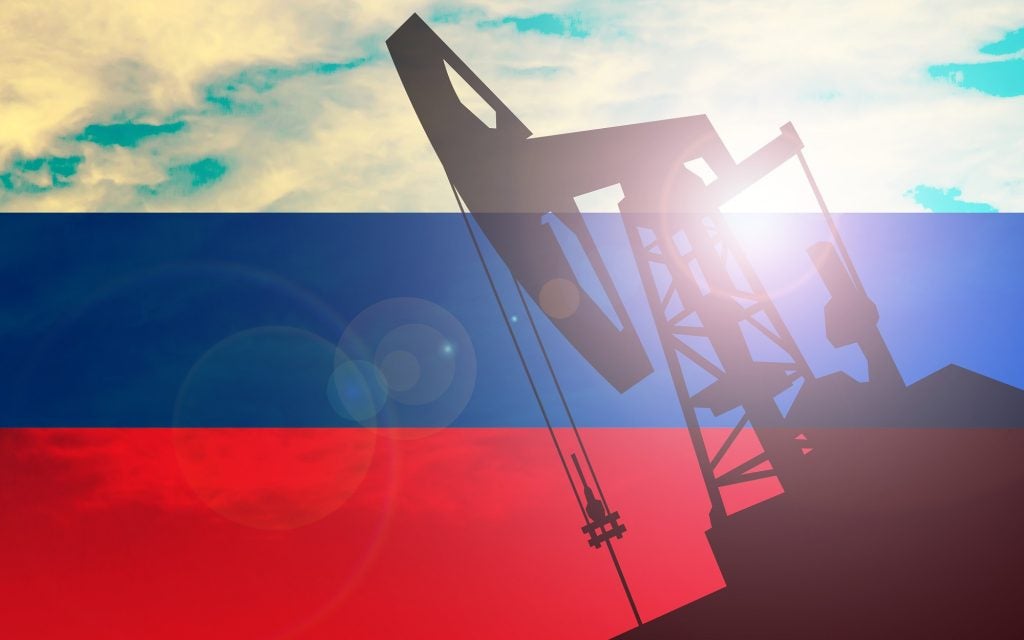Russian crude oil exports increased 50% in the spring despite sanctions placed on them by western nations since the beginning of the war in Ukraine, according to data provided by analysis company Kpler.
In December 2022, G7 countries, the EU and Australia placed a price cap of $60 a barrel on Russian oil in an attempt to dry up Moscow’s revenue streams for funding the war in Ukraine.
Earlier in September 2023, Ben Harris, former chief economist at the US Treasury Department and now vice-president at the Brookings Institute think tank, said oil revenues had likely dropped by 30–40% in the first six months after commencement of the price cap. Still, he warned that: “Russia’s countermeasures, which include expanding the fleet of ships available to transport oil around the price cap, will require close monitoring and strict enforcement to maintain this level of depressed revenue going forward.”
It appears Harris’s advice has not been followed closely enough. According to Kyiv School of Economics estimates, Russian oil revenues are likely to increase due to constant increases in crude prices and a reduction in the discount on its own oil.
Discovery of new export routes designed to replace western demand has helped to increase Russian sales. Four traders told Reuters that Russian oil producers such as Lukoil and CenGeo supplied their first cargoes of CPC Blend crude to the United Arab Emirates (UAE) in August and September. CPC Blend is predominantly produced in Kazakhstan and exported to global markets via Russia’s Black Sea port of Yuzhnaya Ozereyerka. The UAE has not imposed sanctions on Russia over the war in Ukraine.
Over the past year, Russia’s oil exports to China, India and Turkey have also increased. In July, Asia’s crude imports reached a record high as China and India imported large volumes of discounted Russian oil. China received the pipeline and seaborne arrivals of 2.04 million barrels per day from Russia in July, exceeding imports from Saudi Arabia, which stood at 1.82 million barrels per day in the same month.









